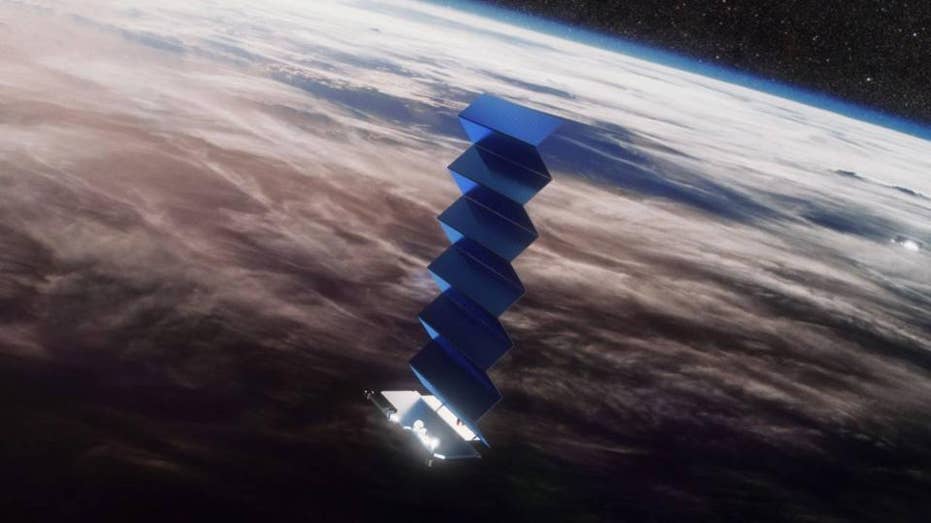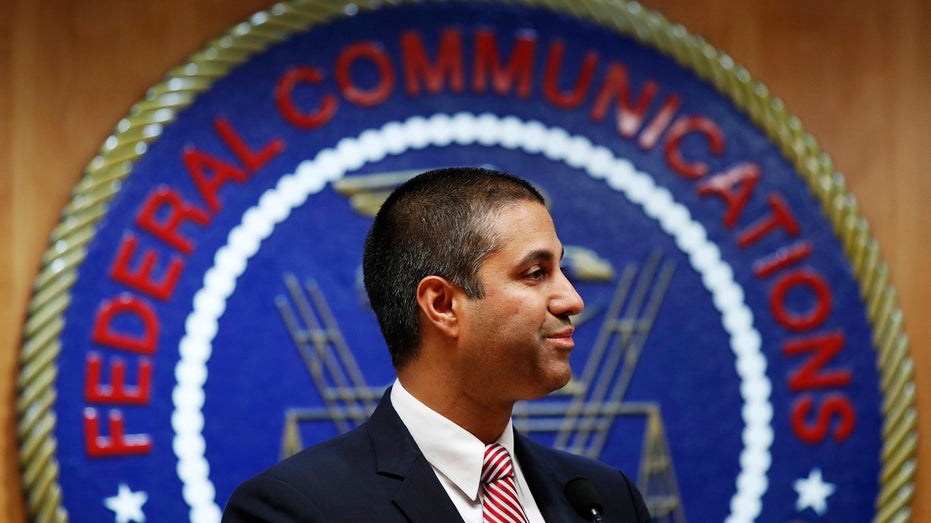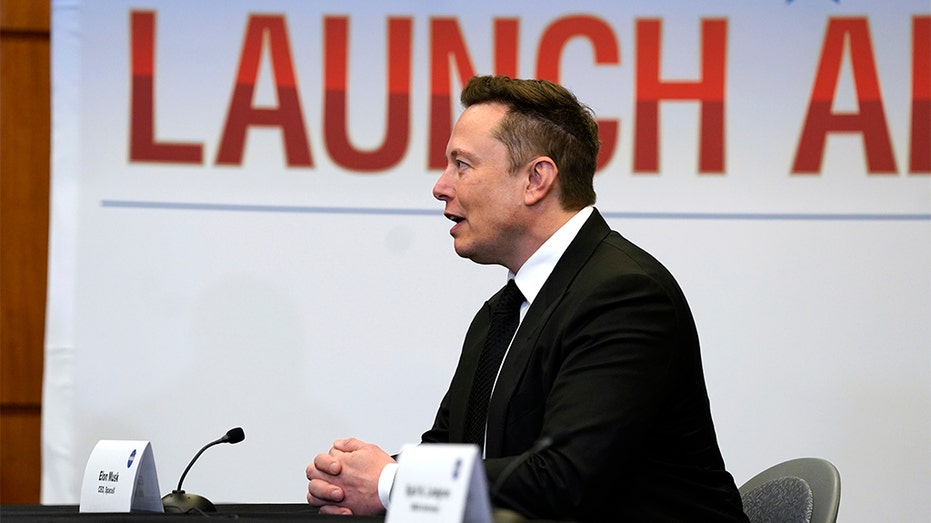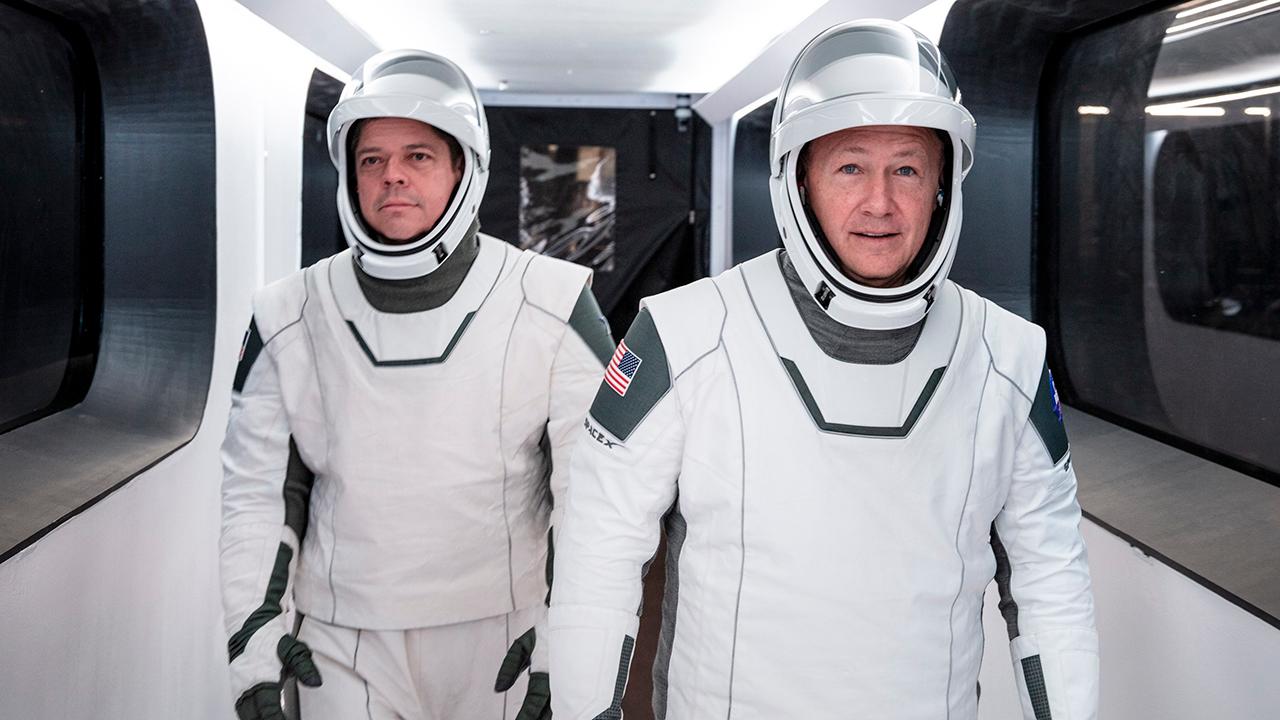FCC delays decision on Elon Musk’s SpaceX and broadband subsidies
Push relates to SpaceX’s plans to use low-Earth-orbiting satellites to offer broadband service around the globe via Starlink
WASHINGTON—The Federal Communications Commission on Tuesday delayed a final decision on whether Elon Musk’s SpaceX will be able to qualify as a preferred bidder when the agency prepares to distribute up to $16 billion in funding to expand broadband service in rural areas.
The firm, formally known as Space Exploration Technologies Corp., is lobbying the FCC to allow it compete for the funding par with broadband providers using more established technologies. The push relates to SpaceX’s plans to use low-Earth-orbiting satellites to offer broadband service around the globe via a system called Starlink.
WHY IS ELON MUSK SENDING SO MANY SATELLITES INTO SPACE?
The FCC’s final rules for distributing the funds, adopted Tuesday in an online video meeting, would dole out the dollars over a decade based on the results of an auction this October. Companies will make offers to build out broadband in rural parts of the country that don’t have high-speed internet service, and the FCC will select the lowest bidders meeting its criteria in various areas.

SpaceX may potentially have 42,000 Starlink satellites launching in total if the company receives approval from the International Telecommunication Union. / SpaceX
The auction rules are designed to favor the fastest technology available in each area. For example, if a company meets the FCC’s definition for a “low-latency” network, it could have a leg up on competitors that don’t qualify for that label. Latency refers to the lag time it takes signals to travel through a network.
SpaceX says its technology should be considered “low-latency,” though competitors disagree. The FCC decided Tuesday to allow low-Earth-orbit satellite companies to apply for the label, FCC Chairman Ajit Pai told reporters after meeting in which the agency adopted final rules for distributing the funds.
SPACEX LAUNCHES 4TH BACH OF STARLINK SATELLITES AS IT BUILDS INTERNET SERVICE
That wasn’t part of the agency’s initial plan, which would have barred low-Earth-orbiting technologies from qualifying for preferred “low-latency” status. The change was made after a May 29 phone call between SpaceX and FCC staff, during which the firm argued its technology “easily clears” the agency’s definition for low-latency, according to a disclosure the company filed with the FCC.

FILE - In this Dec. 14, 2017, file photo, after a meeting voting to end net neutrality, Federal Communications Commission (FCC) Chairman Ajit Pai smiles while listening to a question from a reporter in Washington. (AP Photo/Jacquelyn Martin, File)
Mr. Pai said SpaceX’s application will be evaluated by FCC staff along with applications from other potential bidders in the auction. “The bottom line is of course we want to make sure that the participants in the auction, if successful, would in fact be able to deliver,” he said.
SpaceX didn’t immediately respond to a request for comment.
SPACEX CEO ELON MUSK TO LAUCNH ANOTHER STARLINK SATELLITE INTO SPACE
Earlier this year, FCC officials opened the door to SpaceX qualifying as a preferred bidder after the company pressed FCC staff in letters and a private meeting.
“Far from seeking any special treatment, SpaceX has asked only that it have the same opportunity to participate in the auction and be subject to the same auction procedures as all other potential bidders, consistent with their network capabilities,” the company said in an April 10 letter to the FCC.

Tesla and SpaceX Chief Executive Officer Elon Musk speaks during a round table discussion with President Donald Trump at Kennedy Space Center, Wednesday, May 27, 2020, in Cape Canaveral, Fla. (AP Photo/Evan Vucci)
Tuesday’s news didn’t appear all good for SpaceX. FCC Commissioners Geoffrey Starks and Michael O’Rielly both said they felt the auction rules could have been friendlier to low-earth-orbit satellite companies.
CLICK HERE TO GET FOX BUSINESS ON THE GO
Mr. Starks during the public meeting criticized the auction rules for making “predictive judgments about the merits of short-form applications from low-Earth-orbit satellite operators.” Mr. O’Rielly told reporters after the meeting: “I would have preferred a more technology-neutral approach.”
Neither commissioner described the exact language that raised their concern. As of late afternoon Tuesday, the FCC had voted to approve the final rules but hadn’t released the document describing them in detail.




















